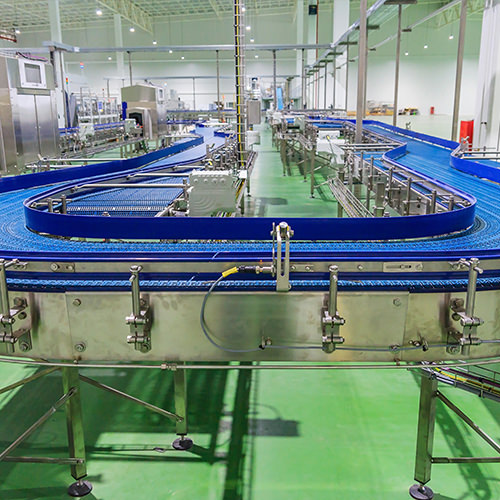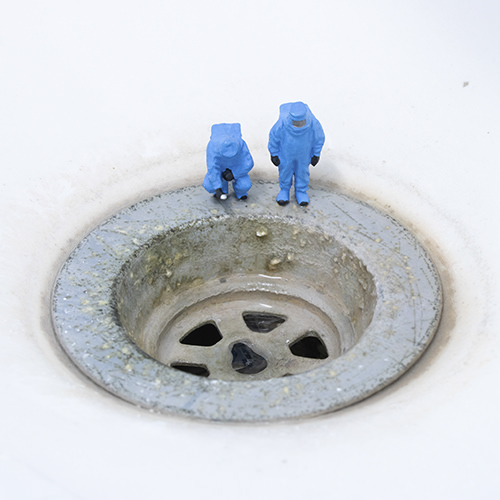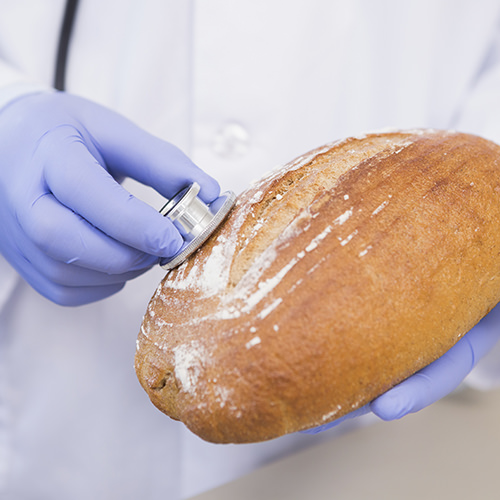Objective
Know the origin of the HACCP system, develop the 7 principles that compose it according to the recommendations established by the Codex Alimentarius and the regulation of FDA 21 CFR 120, as well as the responsibilities of the Directorate for its implementation and maintenance in the industry of foods.
Agenda
-Hazard Analysis and Critical Control Points System and its relationship with Food Safety -Recognize relationship between HACCP and food safety -History of its origin -Importance in the food industry -Regulatory definitions and roles in regulatory agencies -Codex Alimentarius -Regulatory actions (Product withdrawals from the market) -Responsibility of the food industry -Communication and consumer education -External pressure -Internal needs
-Prerequisite programs to implement a HACCP System -Definitions and application of GMP, SOP, SSOP -Importance in the Food Safety Management System -Knowing and identifying the dangers for food safety (Biological, Chemical and Physical) -Microbiological Criteria of the National Advisory Committee on Microbiological Criteria for Foods (NACMCF
-HACCP Discussion of the Seven Principles -Hazard Analysis -Determine Critical Control Points -Define the PCC’s -Identify CCPs using scientific criteria -Establish the critical limits relevant to safety -Document the rational of the critical limit -How critical limits will be used to comply with the HACCP plan -Establish the monitoring system -Identify the parameters to be monitored -How monitoring should be conducted
-Difference between monitoring and verification -Establish corrective actions -Develop corrective actions -Identify responsibility in case of taking corrective action -Procedures and documentation of corrective actions -Establish procedures for effective verification -Importance of verification to support and ensure the viability of the System -Documentation, management and control of records -Importance of record control
-The participant receives a diploma for their full attendance to the session and / or certificate after exam approval -Proof of work skills DC-3 (STPS)
16 hours
Day 1: 9:00 am - 6:00 pm
Day 2: 9:00 am - 6:00 pm
* Consult place and date of availability


























